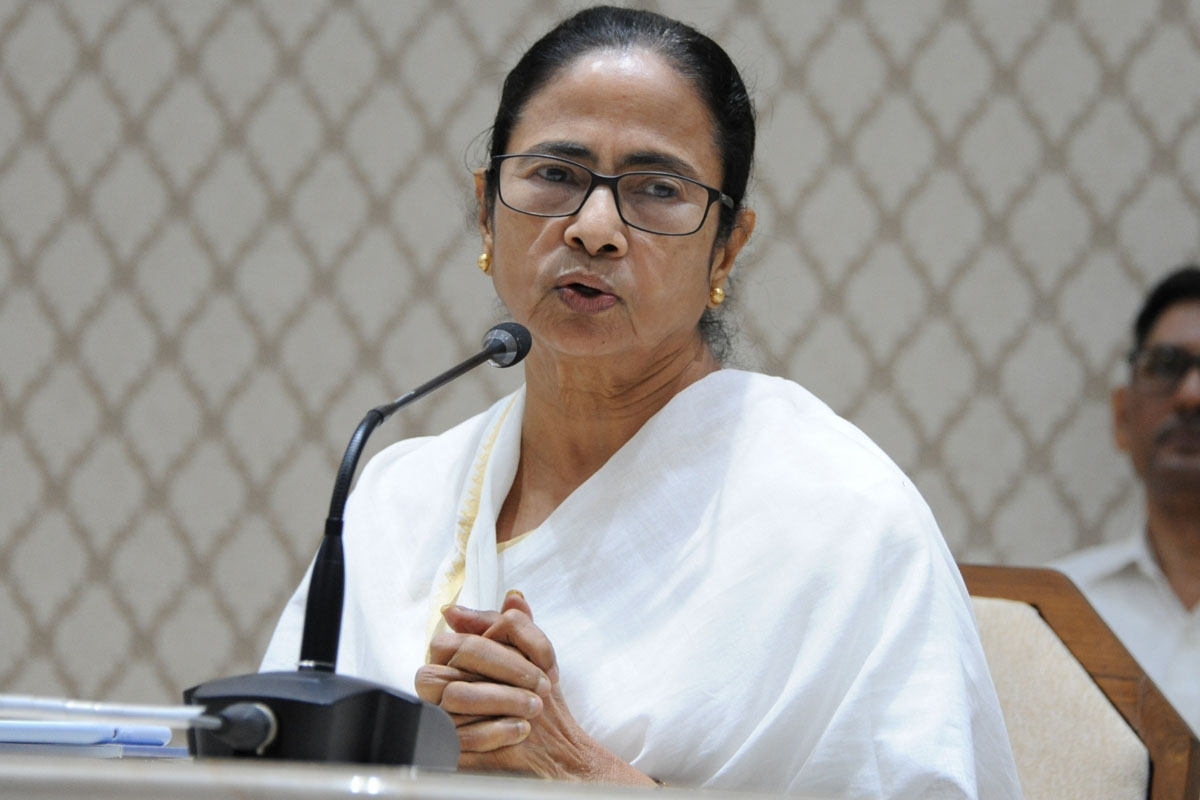LS polls: HM Amit Shah to campaign in Gujarat, BJP chief Nadda to visit Assam today
Union Home Minister Amit Shah will campaign for the BJP in Gujarat on Thursday. He is scheduled to hold three roadshows and a public meeting in the state.
The state government must first make sure that the change of ownership from the Centre to the state is effected, before the essay towards permanent resettlement of refugees is undertaken.

West Bengal Chief Minister Mamata Banerjee (File Photo: IANS)
As an intiative in public welfare, Monday’s announcement by Mamata Banerjee to regularise the 237 refugee colonies, that have over the years come up in West Bengal on land owned by “private parties” and the central government, will be generally welcomed. If and when the plan attains fruition, it will be far more tangible and enduring than the distribution of pre-election doles to a potent constituency. Aside from the electoral underpinning, the decision is quite obviously in response to the Union home minister, Amit Shah’s fairly firm resolve to implement the National Register of Citizens throughout the country.
Freehold titles to the land will doubtless testify to the citizenship rights of the refugees. However, the West Bengal government is likely to countenance critical contretemps while regularising refugee colonies that now dot the land owned by the Centre. Pending the award of freehold rights to the hundreds of thousands of occupants, the state will have to get posession of the plots from the Centre. This is easier proposed than executed not the least because of the radically different compulsions ~ the NRC imperative for the Centre and the state’s signal on permanent resettlement.
Arguably, the state can request the Centre to relinquish the land in favour of the West Bengal government. There is as yet no response from the Centre to the state’s proposal, advanced last January, to regularise the refugee colonies on its land. It is, therefore, open to question whether the Centre will readily agree to the land transfer. These settlers, predominantly Hindus, are not merely post-1971 migrants; a large percentage had come across in 1947 in the wake of Partition.
Advertisement
If the trend of Monday’s meeting in Nabanna is any indication, the refugees have been living in these colonies for the past 48 years. It bears recall that a decade ago, the police had to retreat when they confronted “squatter-settlers” alongside the railway tracks at Lake Gardens. Far from rehabilitation, it was actually an eviction drive. Which would suggest that there has been a paradigm shift over the past decade. The joint operation by the Railways and Kolkata Police was reduced to a fizzle.
The state government must first make sure that the change of ownership from the Centre to the state is effected, before the essay towards permanent resettlement of refugees is undertaken. Doubts have already been raised within the bureaucracy as to whether the state can give freehold rights to refugees who have settled on Central land. If that is not possible, the state plans to issue certificates to confirm that the refugees have been staying on the land for 48 to 50 years.
Such settlements have multiplied across the state, considering the dwellings that have come up on either side of the railway tracks in North and South 24- Parganas, not to ignore the unutilized land of public undertakings and jute mills that have downed their shutters. Altogether, the matter is as emotive as it is complex, and the Chief Minister is acutely aware that there can be no rough-and-ready solution.
Advertisement